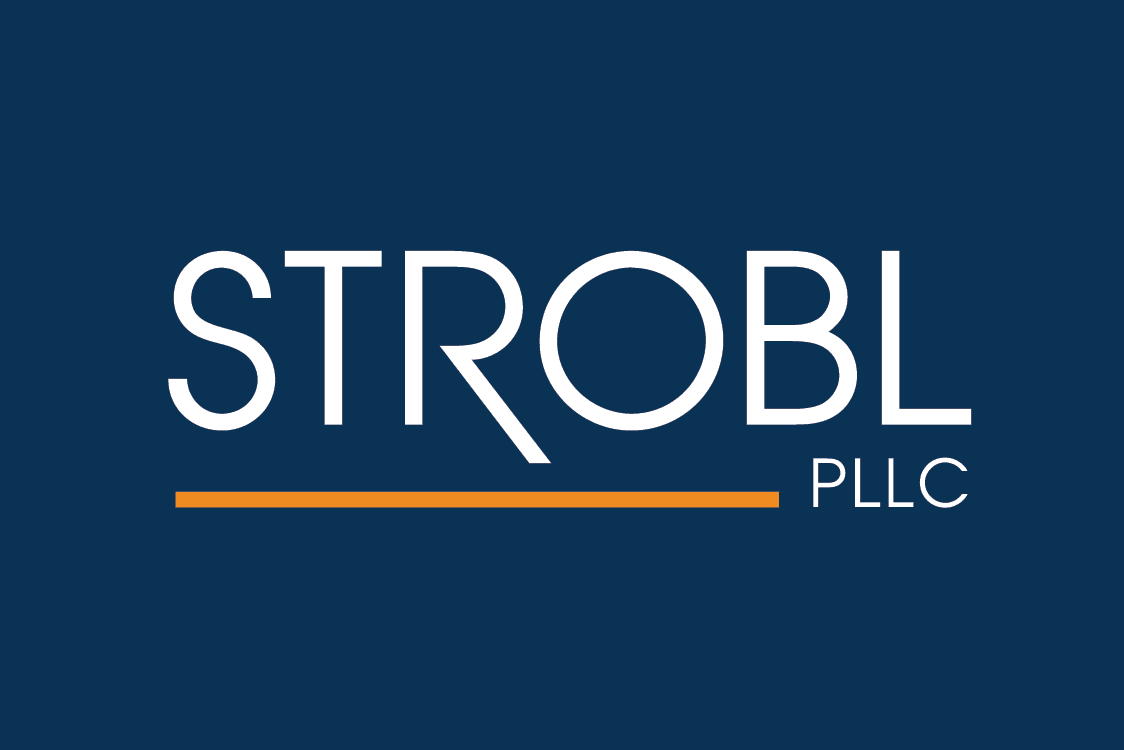There are several reasons why, as a society, we tend to procrastinate when it comes to end of life planning. Don’t let these excuses stand in your way of doing the right thing for your loved ones.
- I don’t need an estate plan because I’m not rich.
For many, the term “estate” brings to mind a certain level of wealth, property, and complicated family businesses to sort out. In fact, half of all people in America believe their assets to be unworthy of estate planning. Regardless of the level of assets you’ve accumulated, designating how and when they will be distributed with with an estate plan can help your heirs avoid unnecessary taxes and expenses as well as unnecessary conflict and frustration. An estate plan can also legally communicate your wishes regarding digital assets including social media accounts, books, videos, and crypto currency.
- I don’t need an estate plan because I’m young.
When you’re young and healthy, planning for your death or incapacitation can feel unnecessary but the benefits of an estate plan outweigh the effort at any age. Even if you’re in debt with student loans and don’t have many assets, you should still pursue an estate plan to legally document your emergency and end of life wishes. Designating a medical power of attorney and a durable power of attorney will greatly ease the burden on your friends and family if something should happen to you. Additionally, legal documentation of how you’d like your physical and digital assets handled can help eliminate stress and heartache among your friends and family if you are no longer able to clarify your intentions.
- I don’t need an estate plan because I already have a will.
While a last will and testament is a critical component of an estate plan, its primary role is to define asset distribution and to identify guardians for your minor children in the event of your death. It is important to understand that a will does not take effect until death and a will is only effective if it is admitted to probate. In other words, a will never avoids probate administration if it is to be effective. A comprehensive estate plan is normally intended to avoid probate and also includes a set of customized legal documents which allow you to specify who is to be in charge of your estate, end of life intentions, designate health and financial decision makers, provide a schedule for asset distribution, and offer clear instructions regarding your end stage care. Putting an individualized estate plan in place and reviewing it at various life milestones can provide peace of mind for you and alleviate the stress on your loved ones regarding all aspects of your wishes.
- Our blended family is too complicated for an estate plan.
Blended families often have more complex guardianship and financial situations which can make the idea of estate planning seem even more daunting. Failure to put together an estate plan, however, will only complicate things further in the event of your death or incapacitation, potentially causing distrust and discord among your loved ones as well as having unintended, negative consequences for minor children.
The law can be confusing when it comes to blended family situations so it’s important to get professional input to draft your estate plan and keep it updated. Failure to update an estate plan after a divorce or remarriage is actually one of the major mistakes people make when it comes to future planning, not realizing that a divorce settlement does not take precedence over an estate plan.
- Developing an estate plan involves conversations I’d rather not have.
Benjamin Franklin is credited with saying, “In this life, nothing is certain but death and taxes,” but he didn’t mention that simply acknowledging one can help alleviate the other. Unfortunately, talking about death often makes people uncomfortable which can lead to procrastination of estate planning.
Some components of an estate plan like choosing a guardian for your minor children, assigning medical and durable powers of attorney, and establishing a legacy plan for your business could indeed force you to have discussions that feel awkward at the time but will ultimately give you and your loved ones the comfort that comes with accurate expectations. Failing to plan ahead for the inevitable could leave your friends and family guessing at your intentions, arguing with each other, and, of course, paying higher taxes.
- I don’t even know how to begin drafting my estate plan.
Strobl is a team of experienced and trusted lawyers that can advise on all legal matters relating to estate planning. For more information, visit Strobl online at www.stroblandsharp.com or on LinkedIn.


